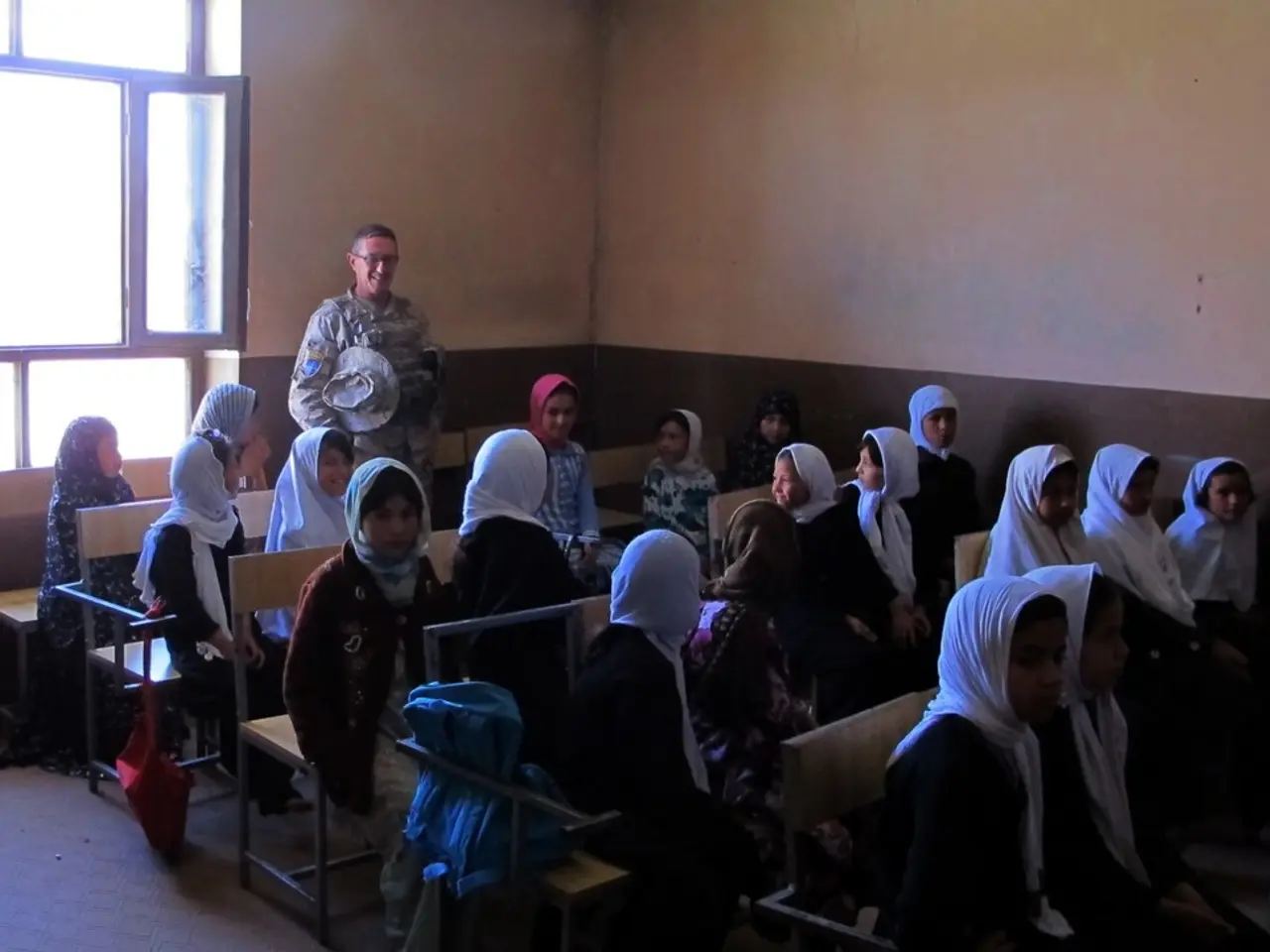Student Preferences for the Theory of Knowledge (TOK) in the International Baccalaureate: An Examination of Opinions
The International Baccalaureate (IB) Diploma Programme's Theory of Knowledge (TOK) is a central component that plays a crucial role in shaping students' critical thinking and interdisciplinary skills.
TOK is designed to encourage students to reflect on the nature and construction of knowledge across various disciplines. It encourages them to question fundamental aspects of knowing, such as "How do we know what we know?" and to critically examine how knowledge is created, validated, and applied in areas like mathematics, science, history, and the arts.
The course fosters critical thinking by prompting students to evaluate evidence, understand the roles of emotion, logic, and language in shaping beliefs, and consider the relationship between knowledge and truth. This reflection helps students move beyond learning facts to analyzing how learning itself occurs, a foundational skill for navigating complex and interdisciplinary problems.
TOK also explicitly encourages interdisciplinary connections by exploring knowledge frameworks, such as scope, ethics, methods, tools, and perspectives, which underlie all subjects studied within the IB. This broad inquiry helps students synthesize and integrate insights across academic areas, making them more versatile thinkers.
Research has shown that TOK significantly boosts students’ critical-thinking skills over the two years of the Diploma Programme. IB alumni report that they continue to apply these skills in their post-IB education and beyond.
In summary, TOK is central to the IB Diploma’s core because it:
- Develops students' ability to critically analyze knowledge claims
- Encourages questioning and reflection about knowing across disciplines
- Facilitates interdisciplinary understanding by linking concepts across subject areas
- Equips students with reasoning, evaluative, and reflective skills vital for academic and real-world challenges
Resources like RevisionDojo are available to help with TOK. It's important to note that failing TOK (grade E) can result in failing the IB Diploma, regardless of other scores. TOK includes a written essay and an oral exhibition as assessments.
Opinions about TOK vary widely among students. Some appreciate its critical thinking, connection of subjects, creativity, and intellectual stimulation, as well as the skills it builds like argumentation and reflection. Others find it vague, philosophical, hard to understand, and struggle with abstract thinking and open-ended questions.
Despite these mixed feelings, TOK is important in the IB because it encourages students to question and understand their own knowledge and how it is constructed and evaluated. It prepares students for university-level thinking and writing, and students should engage with TOK discussions actively.
Students select from six prescribed titles released annually by the IB for their TOK essay topic. TOK is taught over the two-year IB course, usually around 100 teaching hours. Complex ideas should be broken down into simple, clear explanations.
The TOK oral exhibition should be planned carefully and feedback sought from teachers and peers regularly. TOK challenges students to explore how knowledge is constructed, evaluated, and understood across different disciplines. It can use examples from current events, science, arts, and daily life, and themes can be related to one's own experiences and interests.
TOK counts for up to 3 bonus points toward the IB diploma, influencing final scores. It is a core component required for the IB Diploma. Despite its challenges, TOK's emphasis on critical thinking, interdisciplinary understanding, and self-reflection makes it an invaluable part of the IB Diploma Programme.
Engaging with practice questions and personal growth exercises in RevisionDojo can help students prepare for the Theory of Knowledge (TOK) oral examination and essay, which is a crucial component of the International Baccalaureate (IB) Diploma Programme. Successfully navigating TOK's interdisciplinary learning and critical thinking challenges contributes significantly to students' education-and-self-development and personal-growth.




